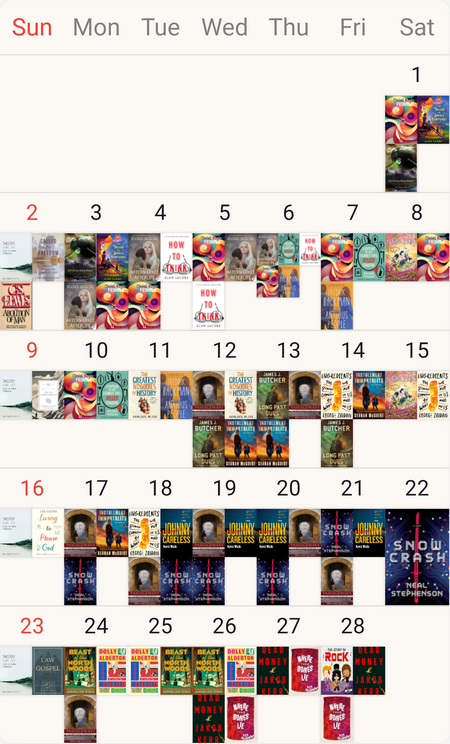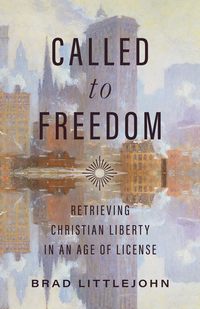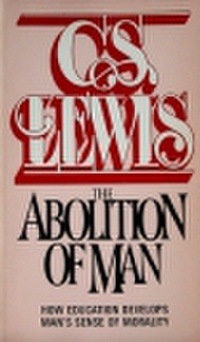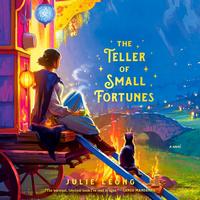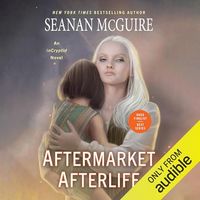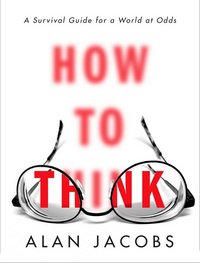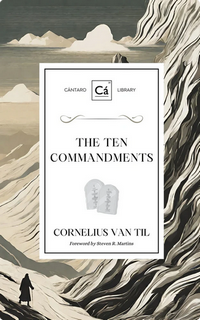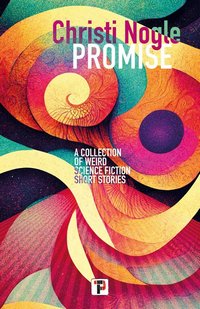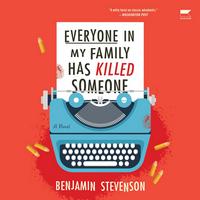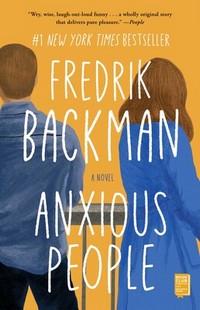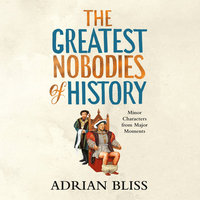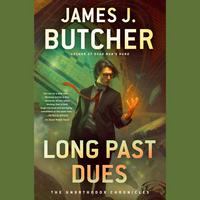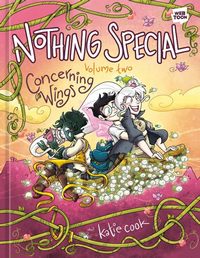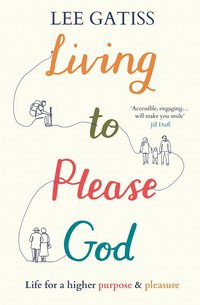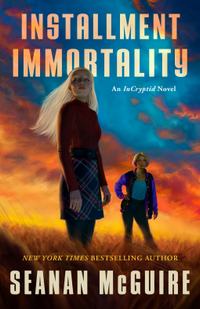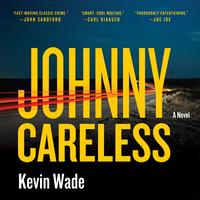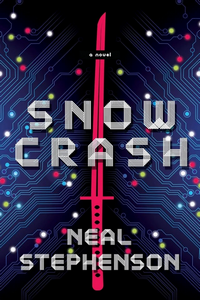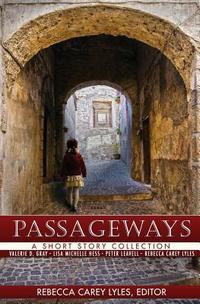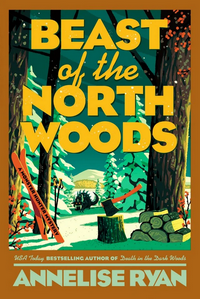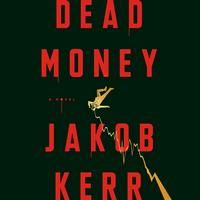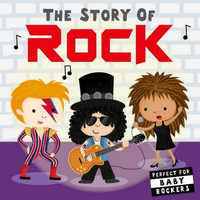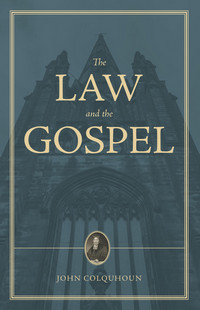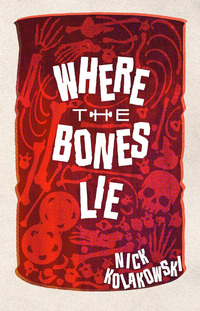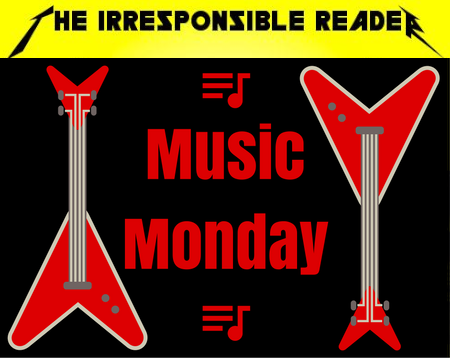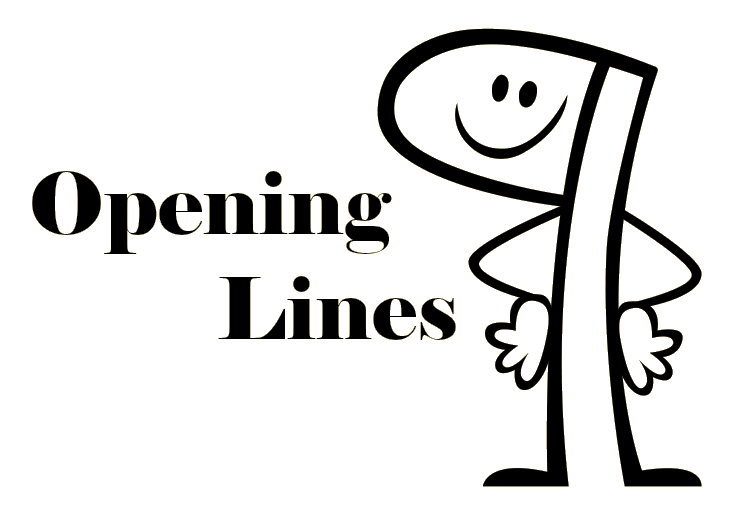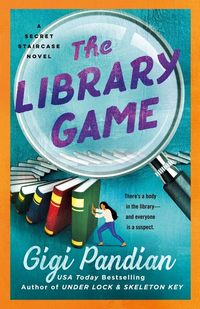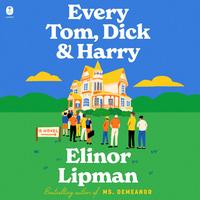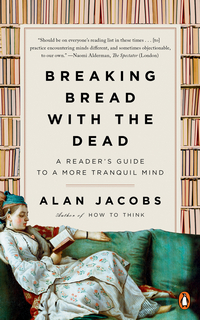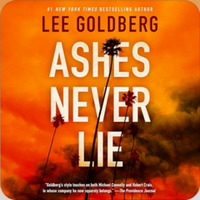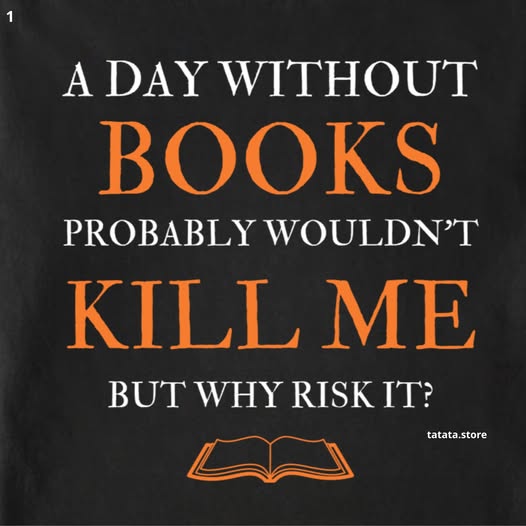I finished 25 titles (6 up from last month, 3 up from last February), with an equivalent of 6,424 pages or the equivalent (1,116 up from last month), and gave them an average of 3.4 stars (.4 stars down from last month).
My late 2024 slowdown in posting continues, and I’m getting better with accepting that, while still trying to figure out how to get around it. But basically, I’m reading a lot and enjoying talking about that–that’s good enough for me.
So, here’s what happened here in February.
Books/Novels/Novellas Read/Listened to
Still Reading
Ratings
 |
0 |  |
3 |
 |
1 |  |
2 |
 |
7 |  |
0 |
 |
10 |  |
0 |
 |
3 | ||
| Average = | 3.4 |
|---|
TBR Stacks/Piles/Heaps
| Audio | E-book | Physical | Goodreads Want-to-Read |
NetGalley Shelf/ARCs/Review Copies |
|
|---|---|---|---|---|---|
| End of 2024 |
3 | 68 | 78 | 167 | 10 |
| 1st of the Month |
4 | 68 | 80 | 168 | 9 |
| Added | 1 | 3 | 4 | 3 | 4 |
| Read/ Listened |
2 | 20 | 6 | 0 | 4 |
| Current Total | 3 | 69 | 78 | 171 | 9 |
Breakdowns:
“Traditionally” Published: 20
Self-/Independent Published: 5
| Genre | This Month | Year to Date |
|---|---|---|
| Children’s | 3 (12%) | 9 (4%) |
| Fantasy | 2 (8%) | 9 (4%) |
| General Fiction/ Literature | 3 (12%) | 9 (4%) |
| Mystery/ Suspense/ Thriller | 4 (16%) | 9 (20%) |
| Non-Fiction | 4 (16%) | 7 (16%) |
| Science Fiction | 3 (12%) | 11 (5%) |
| Theology/ Christian Living | 3 (12%) | 0 (0%) |
| Urban Fantasy | 3 (12%) | 6 (14%) |
| “Other” (Horror/ Humor/ Steampunk/ Western) | 0 (0%) | 0 (0%) |
Review-ish Things Posted
- The Problem of Pain by C.S. Lewis: His First Apologetic Work is a Mixed Bag
- I Have Too Many Things to Say About Robert B. Parker’s Buried Secrets by Christopher Farnsworth
- The Pilgrim’s Regress by C.S. Lewis: Everyone Has to Start Somewhere
- Grandpappy’s Corner: Little Aiden: A Big Kid Book for Toddlers by Albert and Anna Choi, Bettina Braskó (Illustrator): Aiden’s a “Big Kid” Now (well, bigger)
- Aftermarket Afterlife by Seanan McGuire: Things Get Serious
- Grandpappy’s Corner: Goodnight Darth Vader by Jeffrey Brown: Han Snored First
- Return from Exile and the Renewal of God’s People by Nicholas G. Piotrowski: Looking At The Heart of the Bible’s Narrative
- Don’t Tell Me How to Die by Marshall Karp: The Last Days of Maggie Dunn
- The Abolition of Man by C. S. Lewis: What Can Happen When a Bad Review Copy Falls Into the Right Hands
- Installment Immortality by Seanan McGuire: G-G-G-Ghosts!
- (slightly updated) REPOST: Buddy the Knight and The Queen of Sorrow by Peter David: A Tale of Friendship, Devotion, Bravery and Heart
Other Things I Wrote
Other than the Saturday Miscellanies (1st, 8th, 15th, and 22nd), I also wrote:
- I’m Reading Every Day in February for the American Cancer Society—My Official Launch Post
- MUSIC MONDAY: “Colors” by April Smith and the Great Picture Show
- Week 1 Check-in: I’m Reading Every Day in February for the American Cancer Society
- MUSIC MONDAY: “Crunchy Granola Suite” by Neil Diamond
- Opening Lines: The Greatest Nobodies of History by Adrian Bliss
- Book Blogger Hop: How Do You Read Book Series?
- Highlights from January: Lines Worth Repeating
- Week 2 Check-in: I’m Reading Every Day in February for the American Cancer Society
- MUSIC MONDAY: “James K. Polk” by They Might be Giants
- Captivating Character of January: Maggie Dunn née McCormick
- MUSIC MONDAY: “Oreo Cookie Blues” by Lonnie Mack
- Thriller – This or That
- WWW Wednesday for February 5, February 12, February 19, February 26, 2025.
Enough about me—how Was Your Month?
